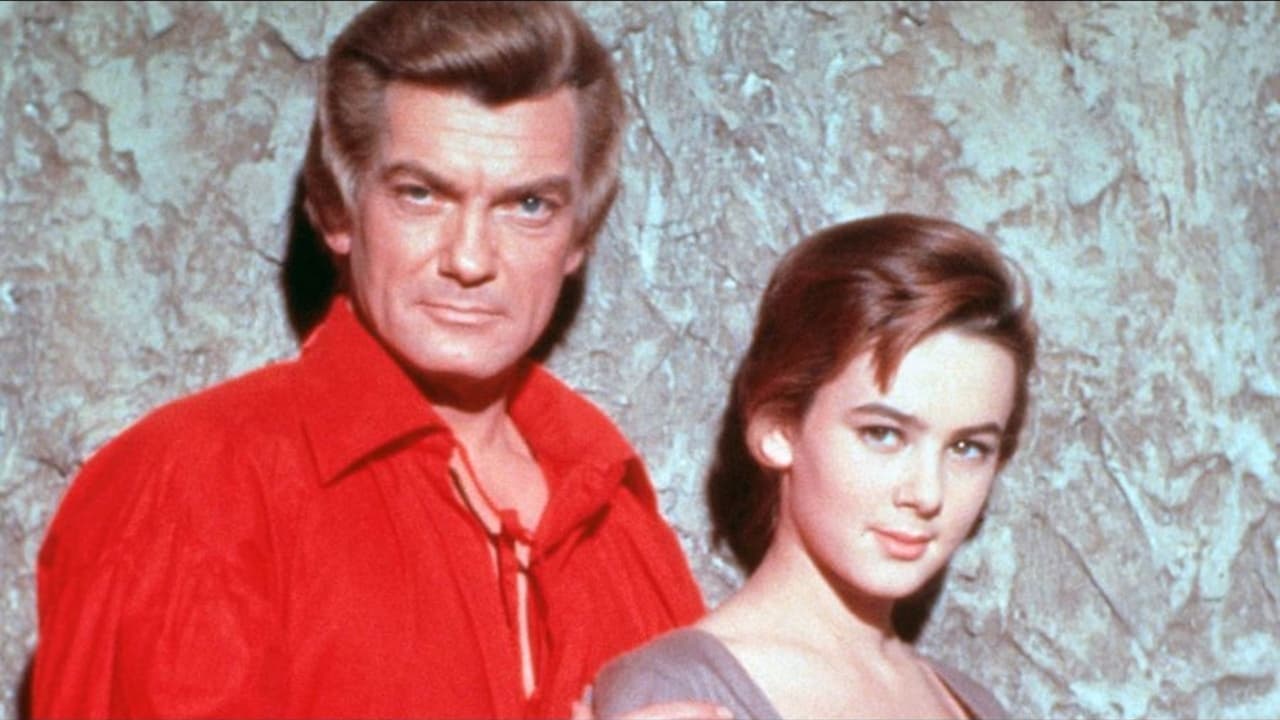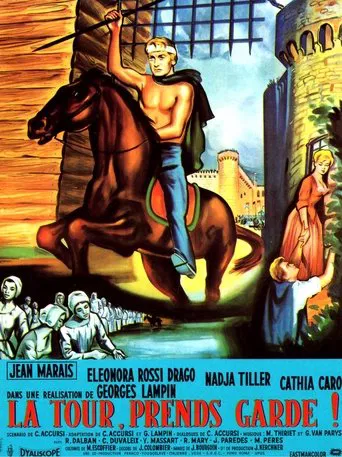Henri La Tour, a strolling player, is also a daring adventurer. So, when, after accomplishing a brilliant feat, he is awarded a title by King Louis XV, the Duke of Saint-Sever takes offense at it and challenges Henri to a duel. However, while they fight, a group of Austrian soldiers appear suddenly and the two rivals instantly unite to repel their enemies. Unfortunately, Saint-Sever is mortally wounded and, feeling he is about to die, he entreats his new friend to offer protection to Toinon, his natural daughter, whose life is being threatened...

